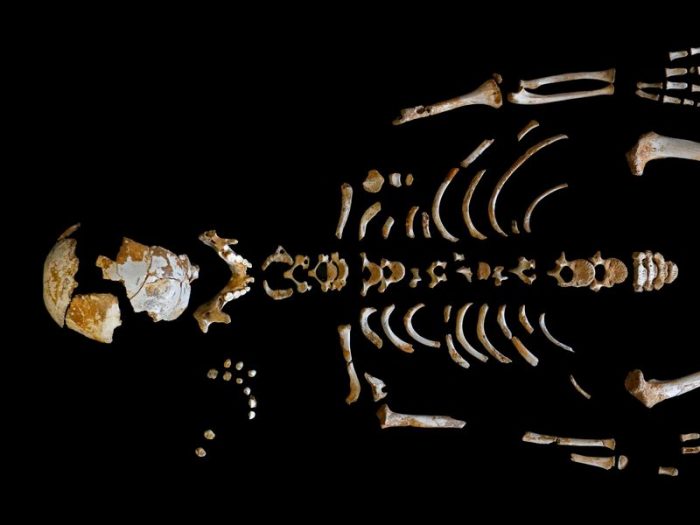THe Smithsonian’s policy on human remains
Secretary Bunch clarifies the Smithsonian’s policy regarding human remains in our scientific collections.

Since its founding in 1846, the Smithsonian has become one of the world’s foremost scientific institutions, making available collections of such breadth and depth that their contributions to scientific discovery and increased knowledge are immeasurable. Among those collections are one of the world’s largest scientific collections of human remains. Most of the remains are held by the National Museum of Natural History and were acquired during the 19th and early 20th centuries. These collections have informed scientific research in the past and continue to do so today. However, the Smithsonian acknowledges that some of the practices of its past are no longer acceptable.
Last year, the Smithsonian adopted a Shared Stewardship and Ethical Returns policy allowing the return of items in our possession in certain circumstances based on ethical considerations. The policy also includes shared stewardship arrangements where appropriate. As part of our overall commitment to the sensitive treatment of the historical items with which we are entrusted, the Smithsonian also is developing an Institution-wide policy for the appropriate care, shared stewardship or ethical return of human remains.
Since the passage of the National Museum of the American Indian Act in 1989, we have offered the return, or repatriation, of the remains of more than 7,000 Indigenous people, of which over 5,000 have been repatriated. In 2015, the National Museum of Natural History established and began to implement an international repatriation policy, and in 2020, it established a policy for the return of culturally unaffiliated Indigenous remains.
The Smithsonian’s goal is to evaluate all human remains in its care to determine which of those remains should be subject to ethical return or shared stewardship. We continue to promote respectful engagement with descendants and descendant communities as we develop an Institution-wide policy for the appropriate care, shared stewardship or ethical return of these remains. We have placed temporary restrictions on research on human remains and the acquisition of any additional remains while we create the policy that will guide us in assessing the human remains in our collections, including the circumstances under which they were acquired. In developing the policy, the Smithsonian also will examine and clarify the ethical reasons for holding human remains in its permanent collections.
As a global institution, it is our responsibility to grapple with these challenging and complex issues in an inclusive, transparent and respectful manner. By taking this deep introspective look back at our history and past practices, we will ensure our continued commitment to ethical returns.
Posted: 25 January 2023
-
Categories:
Administrative News , Education, Access & Outreach , Science and Nature , Volunteer Voices







